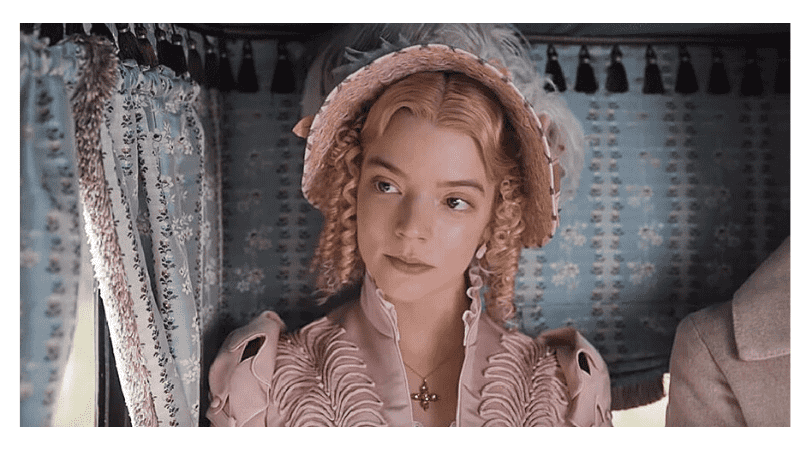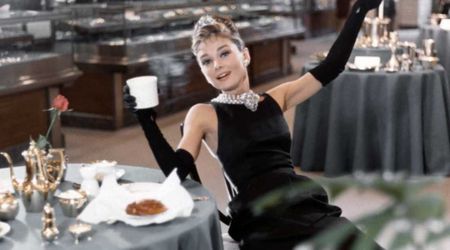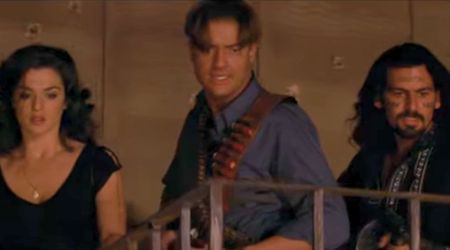'Emma': How the Jane Austen masterpiece changed literature and remains relevant even today

"Handsome, rich and clever" is how Jane Austen introduces Emma Woodhouse in 'Emma' — the final novel published during Austen's lifetime, and the only novel that is named after the lead character. Moreover, Emma is the only Austen heroine who is rich, as opposed to Elizabeth Bennett of 'Pride and Prejudice', 'Fanny Price' in 'Mansfeld Park' among others.
This year, the latest adaptation of Jane Austen's timeless novel released — the movie of the same name directed by Autumn de Wilde featured actors Anna Taylor-Joy, Johnny Flynn and Mia Goth. With the cinematography heavily inspired by Wes Anderson's movie aesthetics, 'Emma' was a colorful, albeit tedious and faithful adaptation of the novel.
Of course, the more famous 'Emma' adaptation — though it seems unlikely — was the 1995 movie 'Clueless' directed by Amy Heckerling and starring Alicia Silverstone, Brittany Murphy and Paul Rudd. The 1815 British novel was updated to be set in an American high school in the 90s. While Jane Austen may be more popular for 'Pride and Prejudice', it is 'Emma' that truly shows why she was such a gifted writer and ought to be held in high regard along with other authors of that era. Most literature critics push Austen aside — after all, in that era, she may have been considered the equivalent of a chick-lit author today.
When Austen wrote 'Emma' between 1814 and 1815, she was at the height of her writing prowess. In 'Emma', she perfected a technique called free indirect style (a translation from the original French: style indirect libre). In free indirect style, a writer uses third-person narration to let the reader into the mind of the main character. Today, this is the most popular style of writing, apart from the second-person narrative. However, in Austen's time, novelists chose between the first-person narrative, where we read the book from the point of view of one character or a third-person narrative that gave readers an overarching view of all the characters.

All the female characters in Jane Austen's novels are ahead of their time and powerful women, but Emma Woodhouse was more so. She was confident (perhaps too much at certain times) and dominant. More importantly, Emma was flawed. She often missed what was right in front of her (the relationship between Frank Churchill and Jane Fairfax to recall one such thing she was ignorant of) and considered herself too clever to learn from others.
'Emma' was the story of how the titular character learned to learn from her errors, to accept that she was not right all the time — while staying true to herself and keeping her strong traits intact. 'Emma' also reflected the growing social disparities in 19th century England, which was undergoing major changes due to the industrial revolution and colonialism. Through Emma's interactions with others, her perceptions of them — and even the men she considers acceptable for herself (both Frank Churchill and George Knightley are of equal or higher standing than her) — all work to show what the society considered acceptable and how it affected relationships.
'Emma' is also full of gifts for repeat readers. Austen packed it with riddles, word games, literary allusions, a hidden calendar game and even a mystery. For example, it is only after finishing the book that first-time readers realize they have been just as oblivious to what is going on in Highbury as Emma was, and that they, too, have missed the clues to an important secret.
Similar to how 'Twilight' fan-fiction led to 'Fifty Shades of Grey' and 'Harry Potter' fan-fiction led to the 'Shadowhunters' series, 'Emma' gave rise to a major novel too. Charlotte Bronte was appalled by the treatment of Jane Fairfax and essentially wrote 'Jane Eyre' as a form of fan-fiction. You don't have to read 'Emma' (at over 160,000 words, it is a very long novel) — though it is a worthy read — but you can watch de Wilde's adaptation of the novel. The movie is now available on Video-On-Demand.










